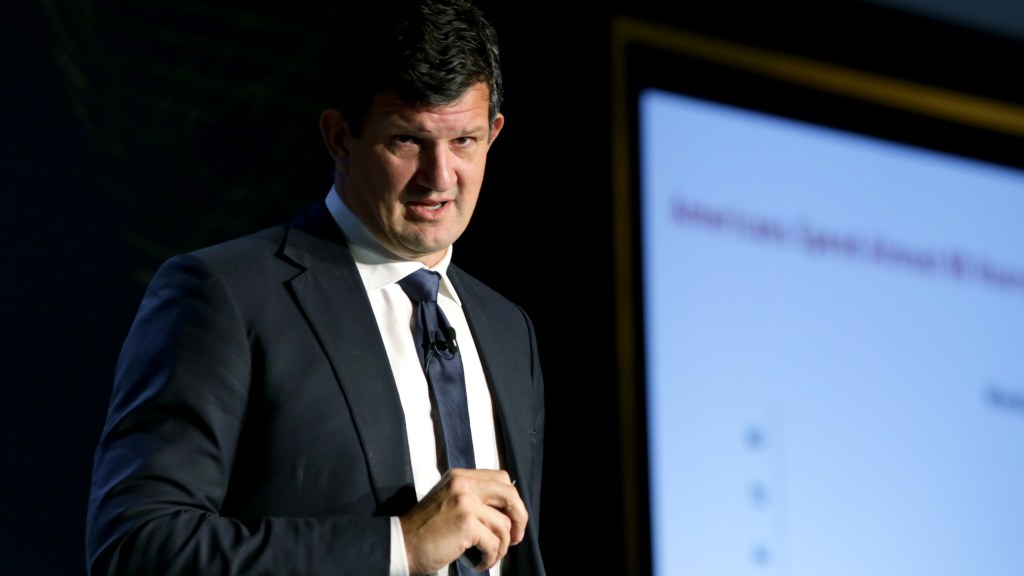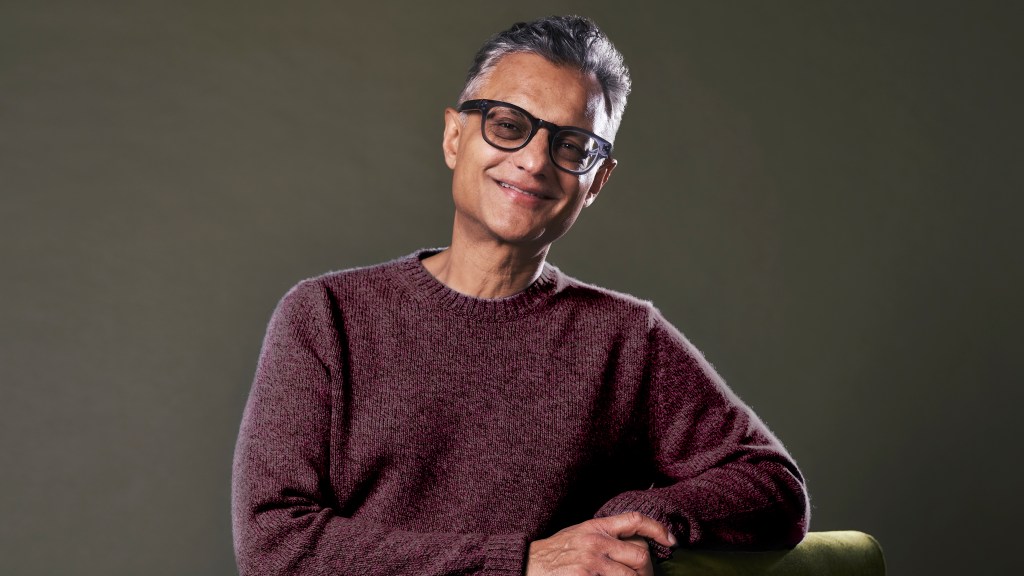AI Licensing Agreements May Safeguard Quality Journalism, According to Reuters CEO
Publishers are understandably cautious about the development of artificial intelligence technologies, warns Steve Hasker, the chief executive of Thomson Reuters.
Reflecting on the past quarter-century, Hasker noted that the relationship between tech companies and the news sector has been significantly damaging, highlighting the necessity for vigilant copyright protection.
As the leader of this vast content organization, Hasker has facilitated several licensing agreements with AI firms, enabling them to utilize Reuters’ data to enhance their large language models. A notable partnership is with Meta Platforms, which employs models from OpenAI to support its AI legal assistant, CoCounsel.
“Reuters has a comprehensive historical news file that serves as a reference dataset for these models. Our reporting is impartial, evidence-based, and undergoes rigorous verification. We maintain a neutral stance—we do not express opinions or favor any political agenda. Our content is fundamentally about presenting the facts underlying the news, making it an invaluable resource for training AI models,” Hasker asserted.
Many content creators were caught off guard by the rapid rise of large language models and the realization that their intellectual property might have been used without consent in the training process. Hasker emphasized that licensing agreements clarify the legal frameworks surrounding this usage. “There is certainly a necessity for such deals,” he remarked.
Contrary to the belief that these arrangements might be isolated incidents, Hasker contended that they are essential, as “these models require regular updates and enhancements.”
He also mentioned potential opportunities for licensing photography and video content in the future.
The business model that has historically supported the journalism industry for centuries faces significant challenges due to digital advancements, the internet, and the prevalence of free content distribution. Hasker believes that generative AI and large language model providers could offer new revenue streams and funding opportunities for quality journalism.
Headquartered in Toronto, Thomson Reuters operates in approximately 75 nations, generating annual revenues exceeding $7 billion with a workforce of 26,000 employees. While widely recognized for its Reuters news division, the company also delivers specialized information and software for various professional sectors including legal, tax, accounting, audit, risk, and compliance.
This year, the company plans to invest over $200 million in AI development, a substantial increase from $100 million in 2023. In its most recent financial reports, Thomson Reuters revealed an available $10 billion for potential acquisitions through 2027. Its stock has risen by 16 percent compared to last year.
Having assumed the presidency and CEO role in March 2020, the Australian-born Hasker previously worked as a senior advisor at Texas-based private equity firm TPG Capital and was a partner at McKinsey, focusing on media.
Drawing a parallel to the dot-com bubble, Hasker predicts that new leaders in technology will emerge by late 2025, similar to the rise of tech giants like Google, Apple, and Amazon post-dot-com crash.
“I believe we will see companies that can harness these innovative technologies to genuinely transform lifestyle and professional practices,” he stated.
Reuters is actively exploring AI applications in journalism across its 200 global bureaux, particularly in financial reporting, including processing company filings and press releases.
Hasker elaborated on this, stating, “AI will generate content, which the journalist will then review before publication. The routine work of drafting is automated, yet editorial judgment remains with skilled journalists.”
“AI does not relieve the responsibility of editors and journalists to ensure our publications adhere to established trust principles. However, it simplifies many of the more tedious tasks involved in fact-gathering, identifying headlines, or drafting initial versions,” he concluded.




Post Comment